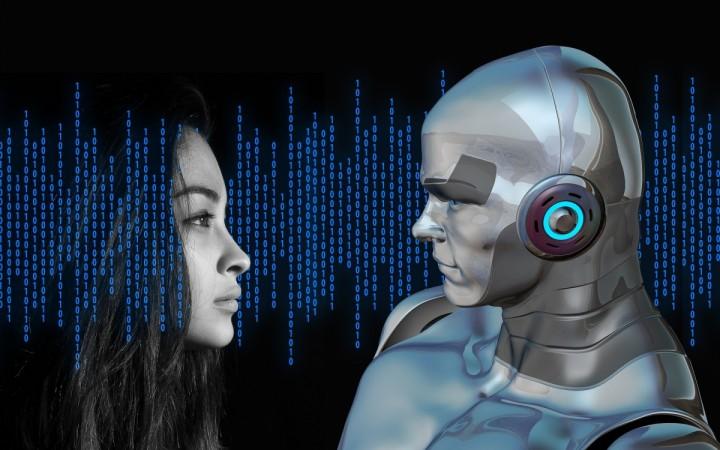
A new Artificial Intelligence (AI) program created by researchers from the Massachusetts Institute of Technology's CSAIL can naturally pick up cues in people's speech and conversation patterns.
Depression and its several variants are the most common form of mental illness in the world. It affects a big part of the population. In spite of this, ADAA stats say that only less than 50 percent of sufferers are receiving treatment.
One of the reasons for this, according to a release by MIT, is the process that is currently in place to diagnose depression. It is a process where clinicians conduct interviews with subjects asking them specific questions on mental illnesses and lifestyle all the way to current mood. They have to identify what the patient is going through based on the responses they get.
Over the last few years, machine learning (ML) has been brought to the forefront and is increasingly being seen as a useful tool to help with diagnostics. ML models have been specifically developed to "detect words and intonations of speech" that could indicate that a person might be depressed.
So far, these models base their "diagnoses"on the respondent's highly specific answers to specific questions only. While these methods are seen as being accurate, they are completely reliant on the questions asked, so their scope is also really limited as far as how and where it can be used.

In a paper presented at the Interspeech conference this year, MIT researchers presented a neural-network model that is not limited to specific questions, says the release. It can be used on audio data as well as raw text from clinician-patient sessions to map out speech patterns that point out depression.
Tuka Alhanai, the author of the paper, explained that "the first hints we have that a person is happy, excited, sad, or has some serious cognitive condition, such as depression, is through their speech."
Even if the program is given a new subject, researchers are saying that it can accurately predict whether or not a person is depressed, this without even needing any type of information on even the questions asked.
This technology could be used to identify if the person is mentally distressed even in casual conversations says co-author James Glass, of CSAIL. "Every patient will talk differently, and if the model sees changes maybe it will be a flag to the doctors," he says.

















